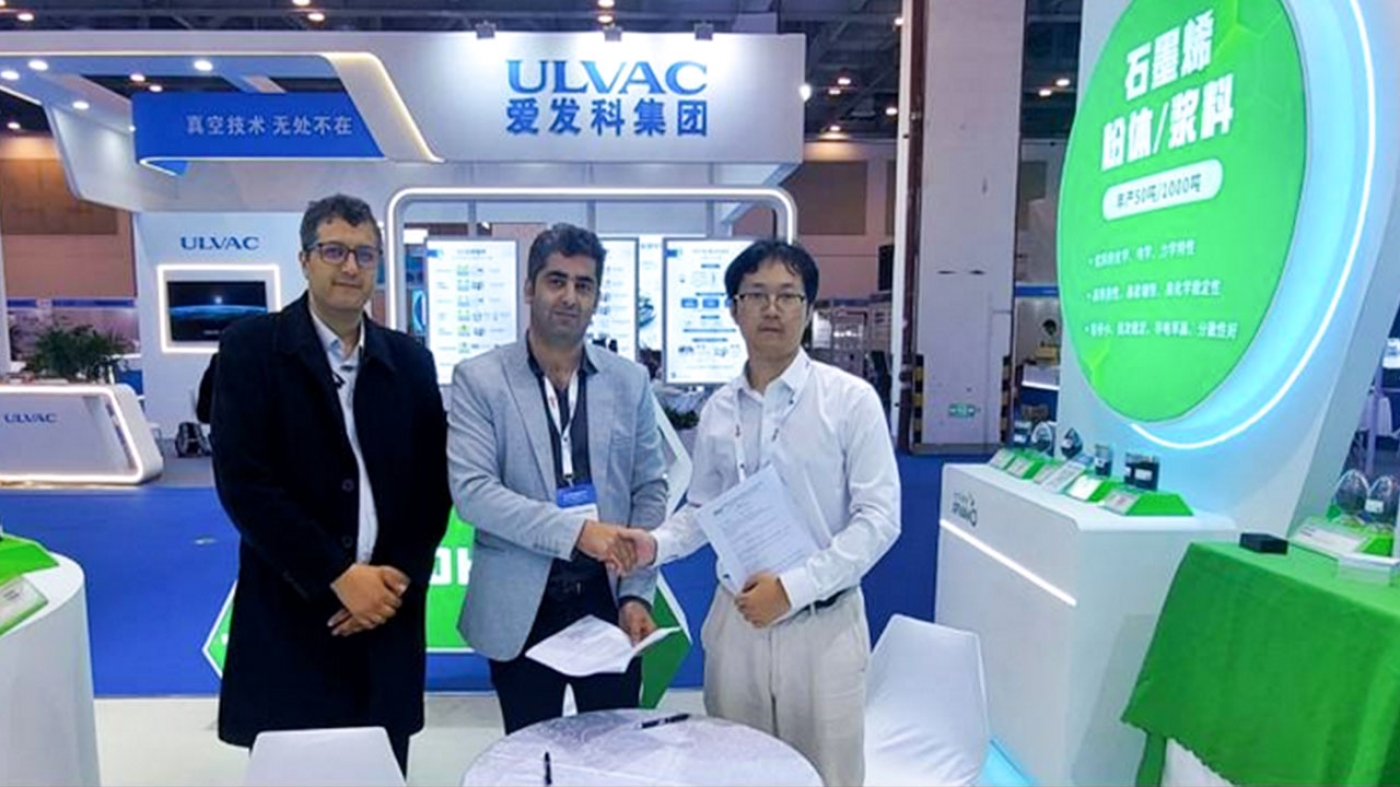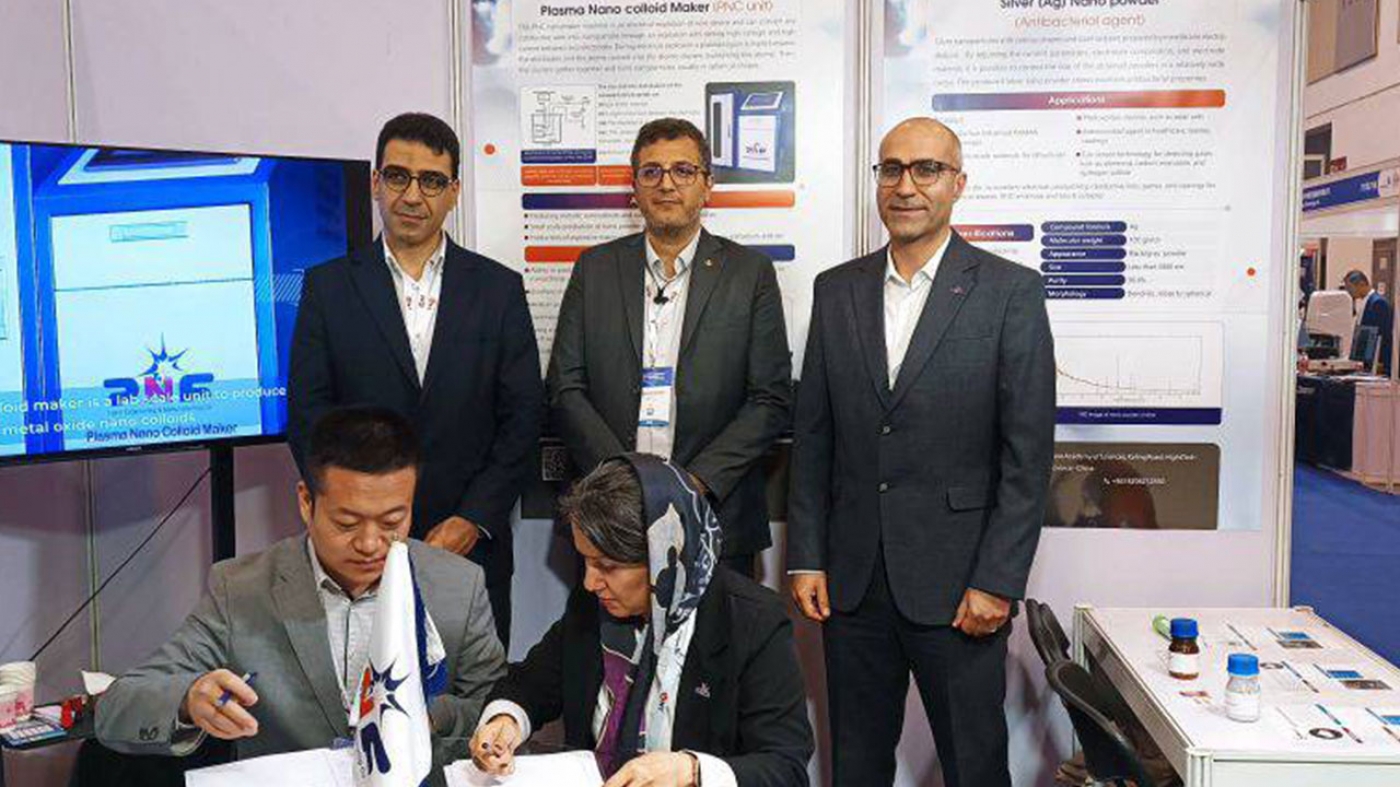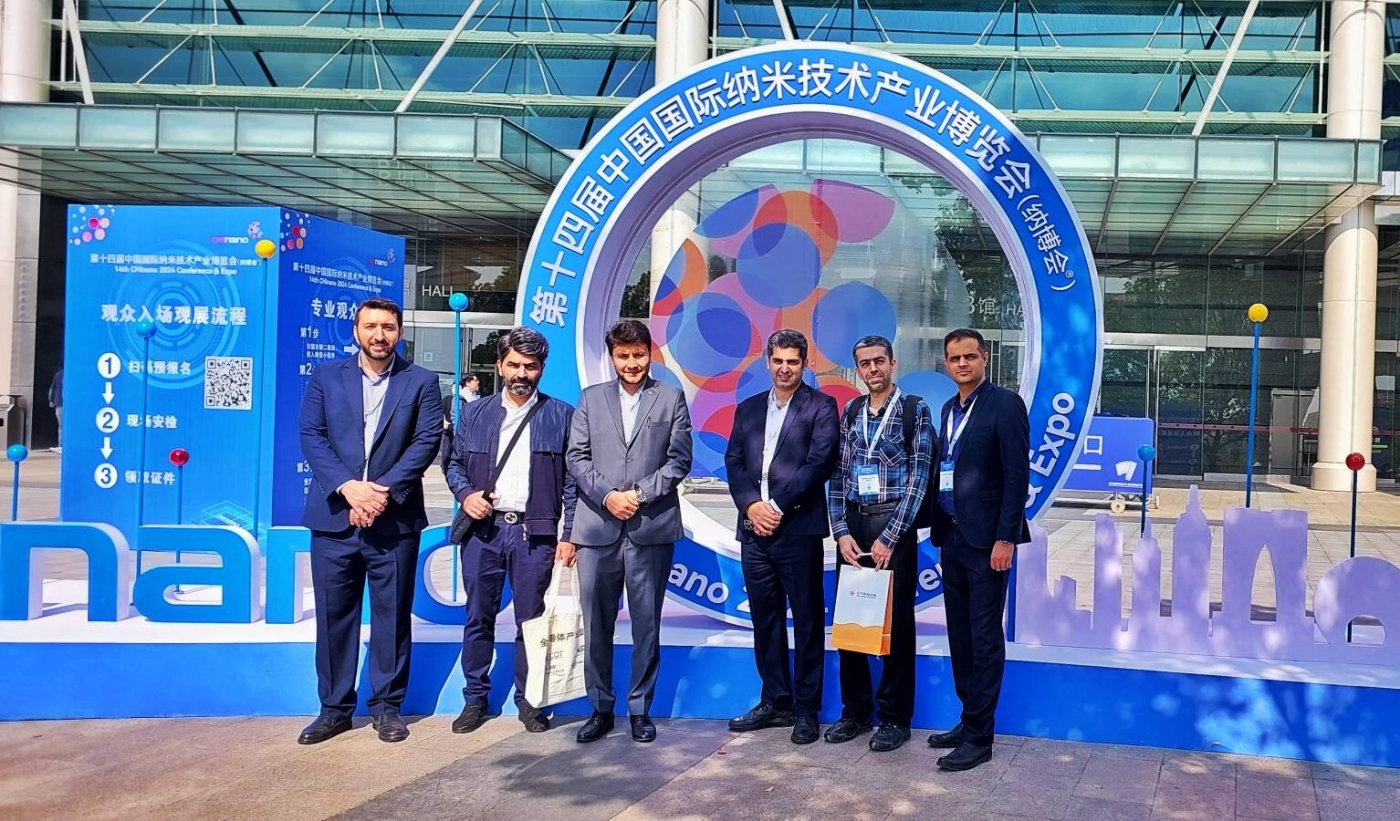
NexImmune, Inc. announces the extension of the research partnership between NexImmune, Yale and JDRF to explore the use of NexImmune’s AIM nanoparticles in combination with an anti-CD3 mAb to tolerize, deplete, or modulate diabetes antigen-specific T cells. The extension includes an additional $300,000 grant, funded by JDRF to Yale, as a part of its Cures research portfolio, which includes therapies for the prevention of type 1 diabetes (T1D).
“We are excited with the significant progress by Dr. Kevan Herold’s lab at Yale, which has led to an additional grant by the JDRF to investigate our technology in combination with a murine surrogate of teplizumab, a T cell-specific mAb candidate,” said Kristi Jones, Chief Executive Officer at NexImmune. “The data generated to date is encouraging and demonstrate the ability of NexImmmune’s nanoparticles to specifically inhibit or eliminate T1D-causing T cells in the lymph node and pancreas.”
The JDRF award will continue to fund efforts to investigate the use of NexImmune’s AIM nanoparticles in combination with a murine surrogate of teplizumab, which has been shown to modulate the pathogenic immune response acutely. Combining anti-CD3 treatment with NexImmune’s injectable therapy provides the opportunity to target and modulate T1D antigen-specific T cells and potentially maintain their non-responsiveness with the goal of extending benefit and induce tolerance. NexImmune’s nanoparticles have the potential to further enhance the effect of anti-CD3 through modulation of the residual T1D-specific T cells.




